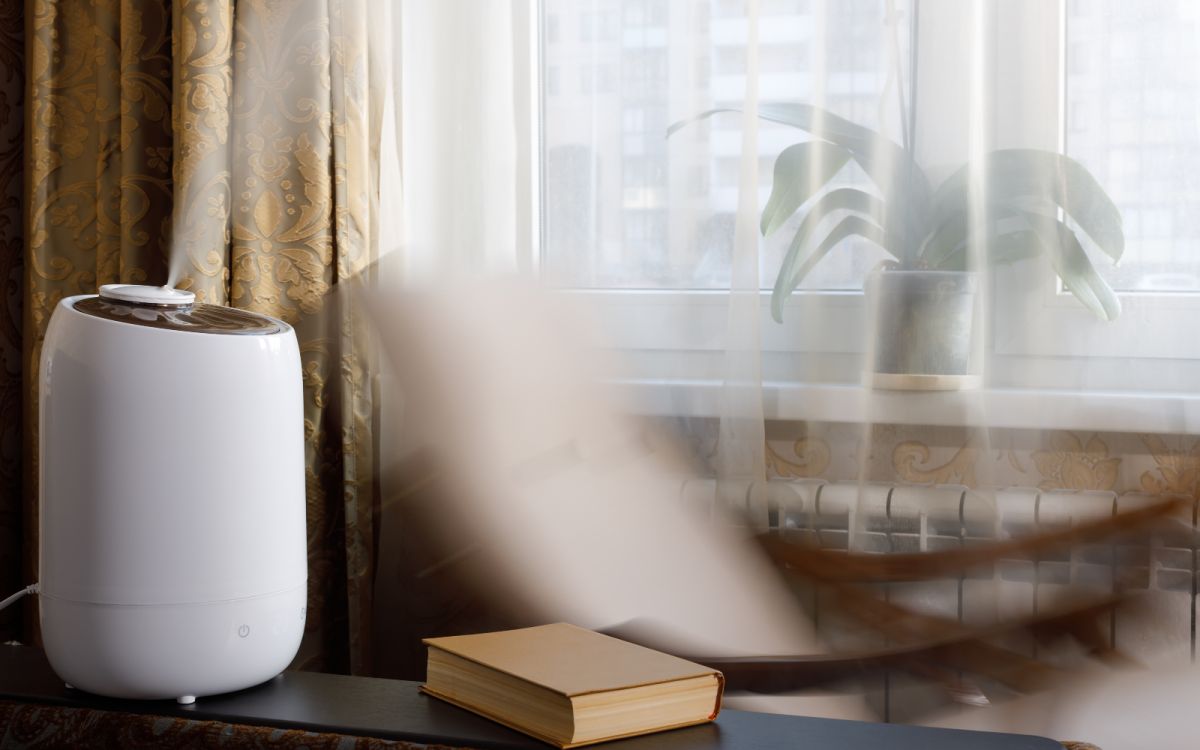

Articles
How Much Is A Humidifier
Modified: October 28, 2024
Find out the cost of a humidifier and its benefits in our informative articles. Improve your indoor air quality with the right humidification.
(Many of the links in this article redirect to a specific reviewed product. Your purchase of these products through affiliate links helps to generate commission for Storables.com, at no extra cost. Learn more)
Introduction
Welcome to the world of humidifiers! If you’re wondering how much a humidifier costs or if it’s worth investing in one, you’ve come to the right place. Humidifiers have become increasingly popular, not only for their ability to add moisture to the air but also for their numerous health and wellness benefits.
A humidifier is a device that helps increase the humidity levels in indoor spaces. It releases moisture into the air, helping to combat dryness and create a more comfortable environment. It can be particularly beneficial during cold winter months when heating systems tend to dry out the air, causing dry skin, sinus problems, and other respiratory issues.
In this article, we will explore the various benefits of using a humidifier, factors that affect the price of a humidifier, different types of humidifiers available, their average costs, factors to consider when buying one, as well as the maintenance and operating costs involved. By the end of this article, you’ll have a clear understanding of how much a humidifier costs and whether it’s a worthwhile investment for your specific needs.
Key Takeaways:
- Invest in a high-quality humidifier to alleviate dryness, relieve respiratory issues, and improve sleep quality. Consider factors like type, size, and maintenance costs for a worthwhile investment.
- Prioritize energy-efficient models and reputable brands when purchasing a humidifier. Factor in ongoing maintenance and operating costs to ensure long-term effectiveness and efficiency.
Read more: How To Fill A Humidifier
Benefits of Using a Humidifier
Using a humidifier can have a range of benefits for your overall health and well-being. Here are some of the key advantages:
1. Alleviates Dryness: One of the primary benefits of a humidifier is its ability to add moisture to dry indoor air. This can help prevent dry skin, chapped lips, and dry eyes. It can also reduce irritation in the throat and nasal passages, making it easier to breathe.
2. Relieves Respiratory Issues: Dry air can worsen respiratory conditions such as asthma, allergies, and sinus problems. By introducing moisture into the air, a humidifier can help soothe these symptoms and provide relief. It can also help reduce the frequency and severity of coughing and congestion.
3. Promotes Healing: If you’re dealing with a cold, flu, or respiratory infection, a humidifier can aid in your recovery. Moist air helps to soothe irritated tissues, ease coughing, and loosen mucus, making it easier to expel. It can also prevent your nasal passages from drying out, reducing the risk of secondary infections.
4. Improves Sleep Quality: Dry air can make it difficult to sleep comfortably, leading to disrupted sleep patterns and fatigue. A humidifier can create a more conducive sleep environment by preventing dryness in the air, which can help you sleep better and wake up feeling refreshed.
5. Protects Furniture and Flooring: Dry air can cause wood furniture, flooring, and musical instruments to crack or warp. By maintaining optimal humidity levels with a humidifier, you can help preserve the integrity of these items and extend their lifespan.
6. Reduces Static Electricity: Dry air is notorious for creating static electricity, resulting in unpleasant shocks and clingy clothes. By increasing the moisture content in the air, a humidifier can reduce the occurrence of static electricity and make your living space more comfortable.
7. Supports Plant Health: Houseplants thrive in environments with adequate humidity. By using a humidifier, you can provide the necessary moisture for your plants to flourish, preventing them from becoming dehydrated and maintaining their vibrant and healthy appearance.
Remember, the benefits of using a humidifier can vary depending on the specific model and type of unit you choose. It’s essential to select a humidifier that suits your needs and the size of your space to maximize its effectiveness and enjoy these advantages.
Factors That Affect the Price of a Humidifier
When considering the price of a humidifier, it’s important to understand the factors that can influence its cost. Here are some key factors that can affect the price range of a humidifier:
1. Type of Humidifier: There are different types of humidifiers available, including evaporative humidifiers, ultrasonic humidifiers, and steam humidifiers. Each type has its own set of features and technologies, which can impact the price. For example, ultrasonic humidifiers, which use high-frequency vibrations, tend to be more expensive than evaporative humidifiers.
2. Capacity: The capacity or size of a humidifier refers to the amount of moisture it can add to a room within a specific time frame. Larger-capacity humidifiers are designed to cover bigger areas and often come with a higher price tag. If you have a small room, a humidifier with a lower capacity might be more affordable for your needs.
3. Additional Features: Some humidifiers come with extra features such as adjustable humidity levels, timers, automatic shut-off, built-in hygrometers, and remote controls. These additional features can contribute to the overall cost of the humidifier. Consider which features are essential to you and be prepared to pay a higher price for more advanced models.
4. Noise Level: Humidifiers differ in their noise emission levels. Models with advanced noise reduction technology may come at a higher price point. If having a quiet operation is important to you, it’s worth investing in a humidifier specifically designed to minimize noise.
5. Brand: Established and reputable brands often come with a higher price compared to lesser-known brands. This is due to factors like quality, durability, and customer support. While it may be tempting to choose a budget-friendly option, investing in a reputable brand can ensure a better-quality product and long-term reliability.
6. Filter Replacement: Some humidifiers require regular filter replacements to maintain optimal performance. The cost and frequency of filter replacements can vary depending on the type of filter used. Consider the ongoing maintenance costs associated with filter replacements when evaluating the overall price of a humidifier.
7. Energy Efficiency: Energy-efficient humidifiers can help you save on electricity bills in the long run. Although these models may have a slightly higher upfront cost, they tend to be more economical over time. Look for humidifiers with energy-saving features, such as adjustable fan speeds or auto-dimming displays.
Remember, when budgeting for a humidifier, it’s important to consider not only the initial cost but also the long-term costs associated with operating, maintaining, and replacing filters. Evaluate your specific needs, preferences, and budget to find a humidifier that offers the right balance between price and features for you.
Types of Humidifiers
Humidifiers come in various types, each designed to meet different needs and preferences. Understanding the different types can help you choose the right humidifier for your specific requirements. Here are the most common types of humidifiers:
1. Evaporative Humidifiers: Evaporative humidifiers use a fan to blow air through a wet wick or filter, causing evaporation and adding moisture to the air. They are known for their simplicity and affordability. These humidifiers are often preferred for larger spaces as they can cover more area and require less maintenance. However, they can be noisier due to the fan operation.
2. Ultrasonic Humidifiers: Ultrasonic humidifiers use high-frequency vibrations to create a cool mist or warm mist, depending on the model. These humidifiers are quiet and energy-efficient. Ultrasonic technology is popular for its ability to deliver moisture quickly and effectively. They come in both cool and warm mist options, making them suitable for year-round use.
3. Steam Humidifiers: Steam humidifiers, also known as vaporizers, produce steam by heating water, which is then released into the air. These humidifiers are excellent for creating a warm and comforting environment during cold winter months. Steam humidifiers are considered the most hygienic option as the boiling process kills any potential bacteria or impurities in the water. However, they may consume more energy and require regular cleaning.
4. Impeller Humidifiers: Impeller humidifiers use a rotating disk to generate a cool mist. They are often compact and portable, making them ideal for smaller rooms or travel purposes. These humidifiers are typically more affordable and easy to maintain. They are also safe to use around children and pets since they do not produce hot steam.
5. Whole House Humidifiers: Whole house humidifiers are built-in systems that are connected to your HVAC (Heating, Ventilation, and Air Conditioning) system. They distribute humidity throughout your entire home, ensuring consistent moisture levels in every room. Whole house humidifiers require professional installation and are typically more expensive. However, they offer convenience and provide humidity control for your entire living space.
When choosing a humidifier, consider factors such as the size of the area you want to humidify, your specific needs (e.g., relief from allergies or dry skin), and any safety considerations. Additionally, you’ll need to decide between a cool mist or warm mist humidifier, depending on your personal preferences and the climate you live in. Evaluating these factors will help you select the most suitable type of humidifier for your home or office.
When determining how much a humidifier costs, consider factors such as the type of humidifier (cool mist, warm mist, ultrasonic), the size of the room it will be used in, and any additional features such as a built-in humidistat or essential oil diffuser. Additionally, factor in ongoing costs such as replacement filters or maintenance.
Average Cost of Different Types of Humidifiers
The cost of humidifiers can vary based on their type, brand, size, and additional features. Here is a general overview of the average cost range for different types of humidifiers:
1. Evaporative Humidifiers: Evaporative humidifiers are typically the most affordable option, with prices ranging from $20 to $100. The cost can vary based on the humidifier’s capacity, additional features, and brand reputation.
2. Ultrasonic Humidifiers: Ultrasonic humidifiers are available in a wide range of prices, depending on the features and brand. Basic models can start from $30 and go up to $200 for more advanced options with features like adjustable humidity levels, timer settings, or built-in hygrometers.
3. Steam Humidifiers: Steam humidifiers are often priced higher due to their advanced technology and ability to produce warm mist. Prices typically range from $50 to $300 or more, depending on the brand, capacity, and additional features.
4. Impeller Humidifiers: Impeller humidifiers are generally affordable, with prices ranging from $20 to $80. They are a popular choice for small spaces or individuals on a budget.
5. Whole House Humidifiers: Whole house humidifiers are the most expensive option, as they require professional installation and integration into the HVAC system. Prices can vary significantly depending on the size of your home and the complexity of the installation, ranging from $500 to $2,000 or more.
It’s important to keep in mind that these are average price ranges, and there may be variations depending on the brand, model, and additional features of the humidifier. Additionally, prices may also be influenced by regional factors and discounts available at the time of purchase.
While cost is an important consideration, it’s equally vital to prioritize the features and functionality you require. Investing in a higher-quality humidifier that meets your specific needs can often be a worthwhile long-term investment, offering better performance and durability.
Before making a purchase, it’s recommended to research various brands, read customer reviews, and compare prices to find the best humidifier that fits both your budget and requirements.
Read more: How To Make A Humidifier
Factors to Consider When Buying a Humidifier
When shopping for a humidifier, it’s important to consider various factors to ensure you choose the right one for your needs. Here are some key factors to consider before making your purchase:
1. Room Size: Consider the size of the room or area where you intend to use the humidifier. Different humidifiers have varying capacities, and it’s important to choose one that can effectively humidify the space. A small humidifier may be sufficient for a bedroom or office, while a larger one or a whole house humidifier may be necessary for larger areas.
2. Type of Humidifier: Determine which type of humidifier best suits your needs. Consider factors such as the climate you live in, personal preferences for cool or warm mist, and any specific health concerns you may have. Each type of humidifier has its own advantages and considerations, so research and choose accordingly.
3. Operating Noise: Pay attention to the noise level of the humidifier. Some models, especially ultrasonic ones, operate quietly, while others, like evaporative humidifiers, can be a bit noisier due to the fan. If you plan to use the humidifier in your bedroom or a quiet space, opt for a quieter model.
4. Additional Features: Think about the features that are important to you. Some humidifiers offer adjustable humidity levels, automatic shut-off when the water level is low, built-in timers or hygrometers, and remote controls. Determine which features are essential for your convenience and comfort.
5. Maintenance: Consider the maintenance requirements of the humidifier. Some models may require regular filter changes or cleaning to prevent the buildup of mineral deposits. Others may have self-cleaning or antimicrobial features. Assess your willingness and ability to maintain the humidifier properly.
6. Energy Efficiency: Look for energy-efficient humidifiers. Models with ENERGY STAR certification are designed to operate more efficiently, reducing energy consumption and saving you money in the long run. Consider the energy efficiency ratings and features, such as adjustable fan speeds or auto shut-off, to minimize energy usage.
7. Brand Reputation: Research different brands and check their reputation for producing reliable, durable humidifiers. Reputable brands often provide better customer support, warranties, and spare parts availability. Reading customer reviews can also give you insights into the performance and reliability of specific models.
8. Budget: Set a budget based on your financial capacity and the features you prioritize. Keep in mind that the price of a humidifier can vary depending on its type, size, brand, and additional features. Consider the cost of the unit itself as well as ongoing maintenance, such as filter replacements.
By considering these factors, you can make an informed decision when buying a humidifier that aligns with your specific needs and preferences. It’s always a good idea to compare different models, read reviews, and seek expert advice if needed before making your final purchase.
Maintenance and Operating Costs of a Humidifier
Maintaining and operating a humidifier is an essential aspect of ensuring its optimal performance and longevity. Here are some key maintenance and operating costs to consider when owning a humidifier:
1. Regular Cleaning: Proper cleaning is crucial to prevent the buildup of bacteria, mold, and mineral deposits. The frequency of cleaning depends on the type of humidifier and the quality of the water used. Some models require daily or weekly cleaning, while others may have self-cleaning or antimicrobial features that reduce the frequency of manual cleaning.
2. Filter Replacements: Many humidifiers use filters to remove impurities from the water before releasing the mist. These filters can become clogged over time and may need to be replaced periodically. The cost and frequency of filter replacements will vary depending on the model and usage. It’s important to factor in the cost of replacement filters when considering the overall operating costs.
3. Water Treatment: Depending on the quality of your water supply, you may need to invest in additional water treatment solutions to prevent mineral buildup or the growth of microorganisms. This could include using distilled water, demineralization cartridges, or adding water treatments recommended by the manufacturer. The cost of these treatments should be considered as part of the ongoing maintenance.
4. Electricity Consumption: Humidifiers require electricity to operate, and the energy consumption can vary based on the model and features. Consider the energy efficiency of the humidifier as well as the estimated electricity costs when running the unit. Look for models with energy-saving features, such as adjustable fan speeds or auto shut-off, to minimize energy usage.
5. Seasonal Usage: The frequency and duration of humidifier usage can impact operating costs. Some people only use humidifiers during certain seasons or when specific indoor conditions arise, while others may use them continuously. Consider the anticipated usage to estimate the associated costs accurately.
6. Warranty and Repairs: It’s important to factor in potential repair costs and warranty coverage when purchasing a humidifier. Look for models with a reliable warranty that covers any potential defects or malfunctions. Keep in mind that regular maintenance and proper usage can help prevent costly repairs and extend the lifespan of your humidifier.
7. Water and Electricity Costs: Depending on the size and type of humidifier, it may require a significant amount of water to operate. This usage can result in increased water bills. Additionally, running the device continuously or at higher settings can lead to higher electricity costs. It’s advisable to estimate the approximate water and electricity costs associated with humidifier usage.
Proper maintenance and regular cleaning of your humidifier not only ensure its optimal performance but also contribute to better indoor air quality. Following the manufacturer’s guidelines and recommendations for maintenance will help prevent issues and preserve the life of the unit.
When budgeting for a humidifier, consider both the initial cost of the unit and the ongoing maintenance and operating costs. Investing in a high-quality humidifier and taking good care of it will result in more efficient operation and potentially lower long-term costs.
Conclusion
Humidifiers can be a valuable addition to your home or office, providing numerous benefits for your health, comfort, and overall well-being. With their ability to add moisture to the air, humidifiers can alleviate dryness, relieve respiratory issues, promote healing, and improve sleep quality.
When considering purchasing a humidifier, it’s important to take into account various factors. The type of humidifier, room size, operating noise level, and additional features should all be considered to find the right fit for your needs. It is also essential to consider maintenance requirements, filter replacements, and ongoing operating costs to ensure the long-term effectiveness and efficiency of your humidifier.
While costs may vary depending on the type of humidifier you choose, setting a budget and selecting a reputable brand can go a long way in ensuring a reliable and durable product. Consider energy-efficient models to reduce electricity consumption and factor in water and electricity costs associated with usage.
Remember, proper maintenance and regular cleaning are crucial to maximizing the performance of your humidifier and ensuring clean and healthy air. Following manufacturer guidelines and investing in necessary water treatments or filter replacements will help prolong the life of your humidifier and provide optimal results.
In conclusion, by carefully considering your specific needs, researching different types of humidifiers, and taking into account maintenance and operating costs, you can make an informed decision when purchasing a humidifier. Taking care of your humidifier and implementing proper maintenance practices will allow you to enjoy the benefits of moist air, improving your overall comfort and well-being.
Frequently Asked Questions about How Much Is A Humidifier
Was this page helpful?
At Storables.com, we guarantee accurate and reliable information. Our content, validated by Expert Board Contributors, is crafted following stringent Editorial Policies. We're committed to providing you with well-researched, expert-backed insights for all your informational needs.
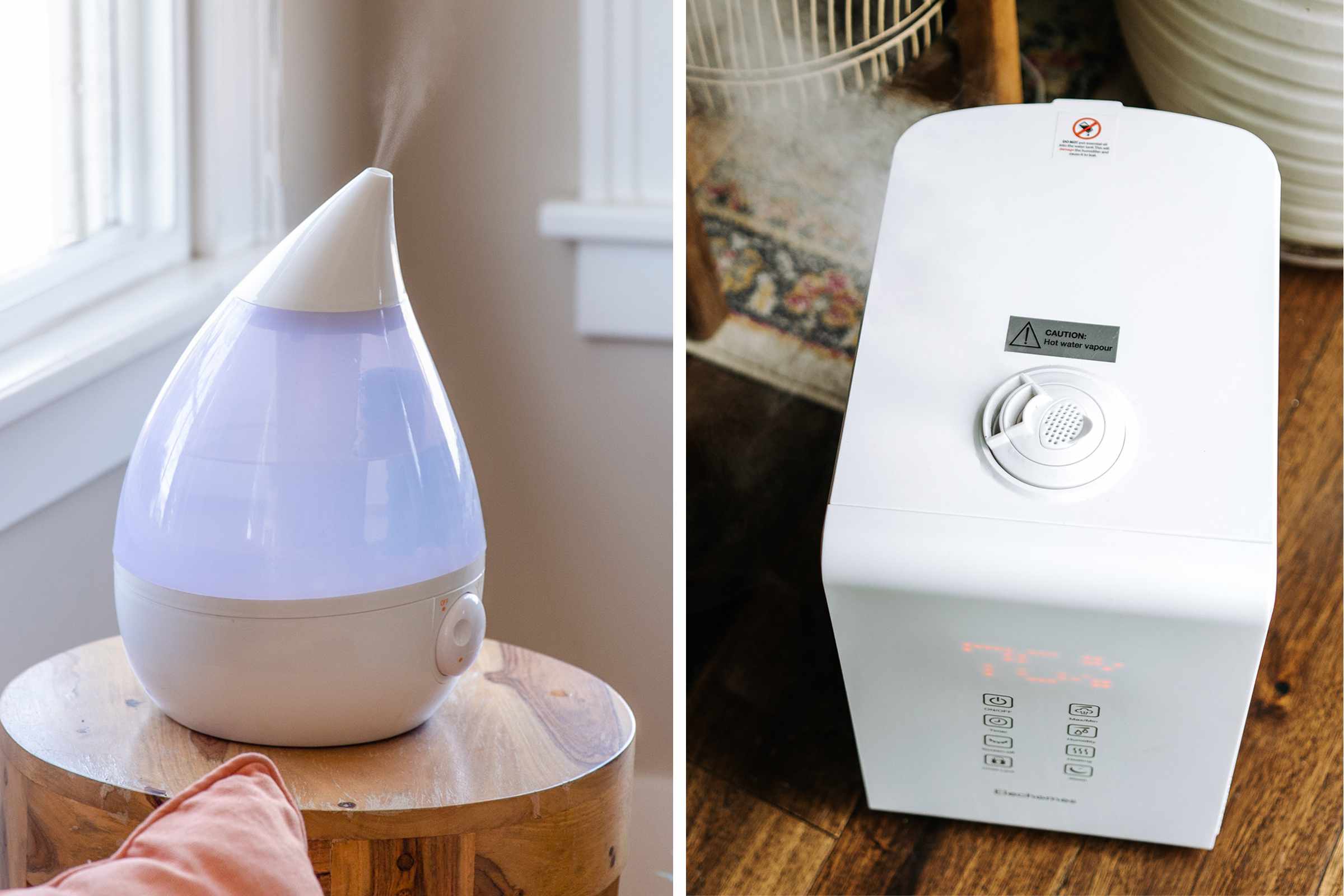
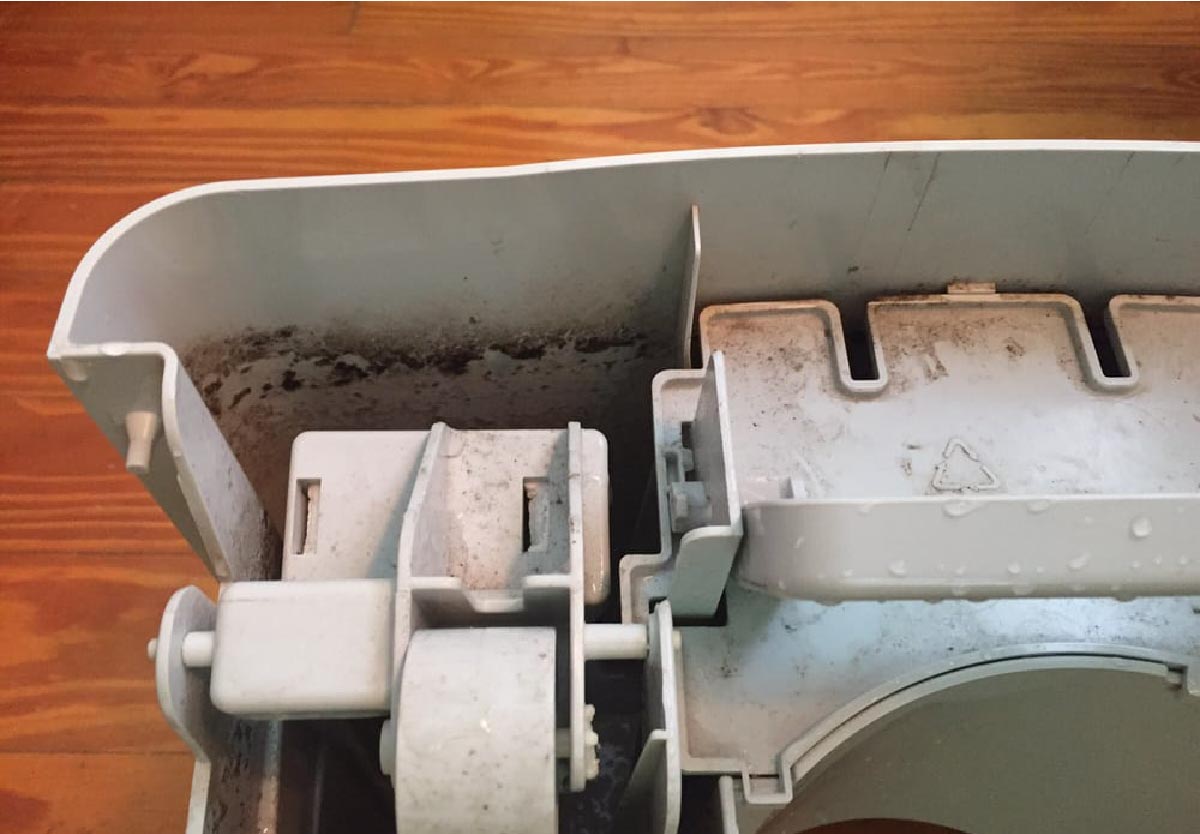
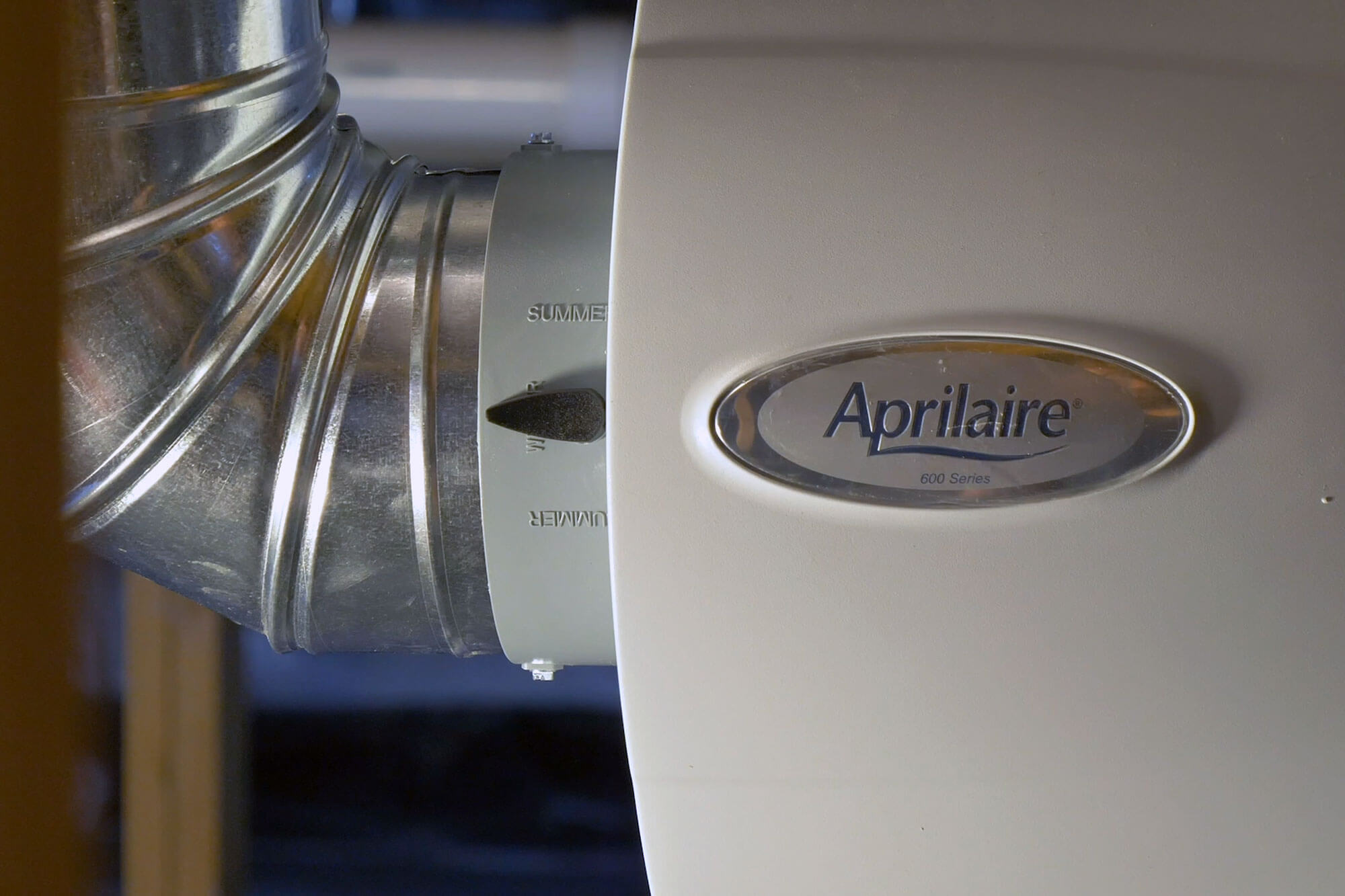
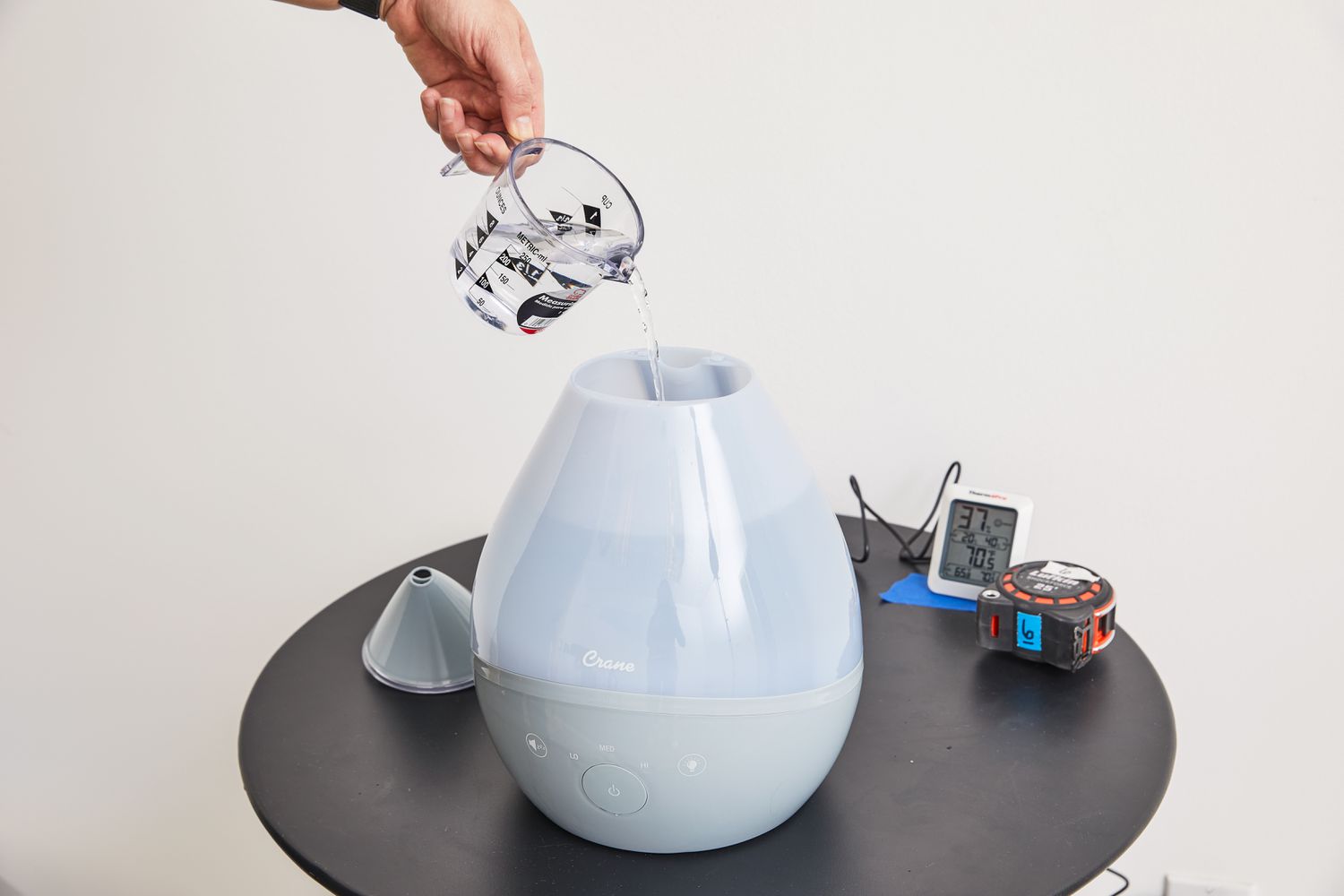
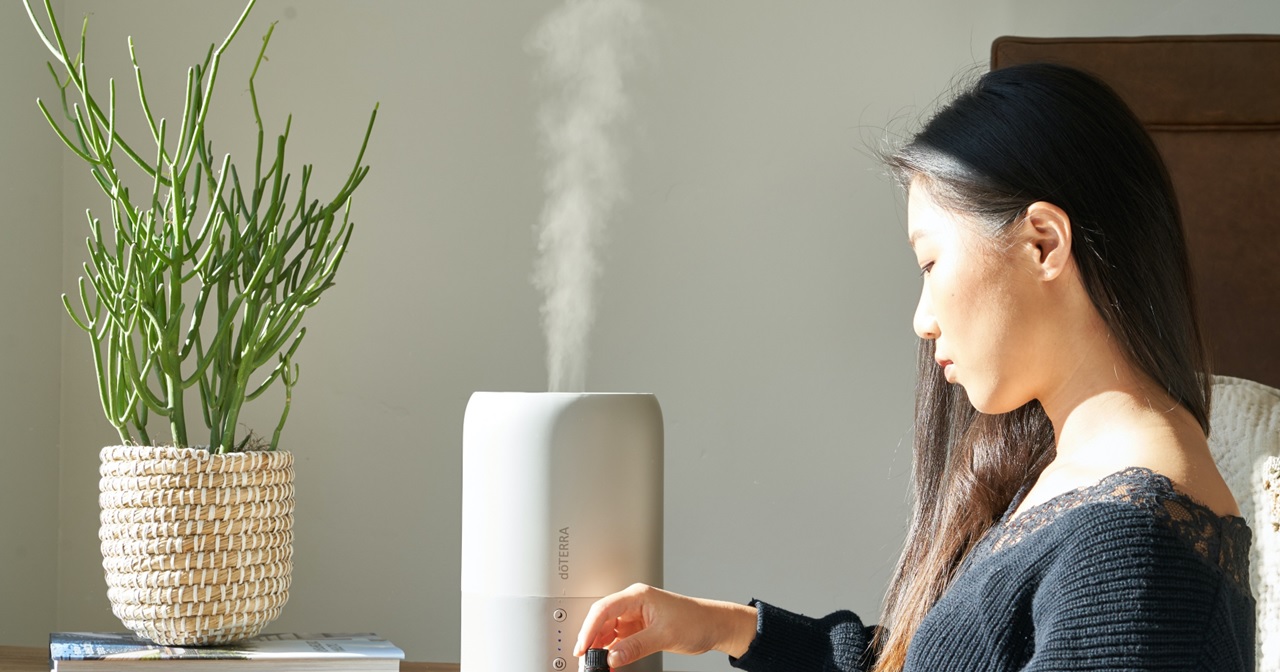
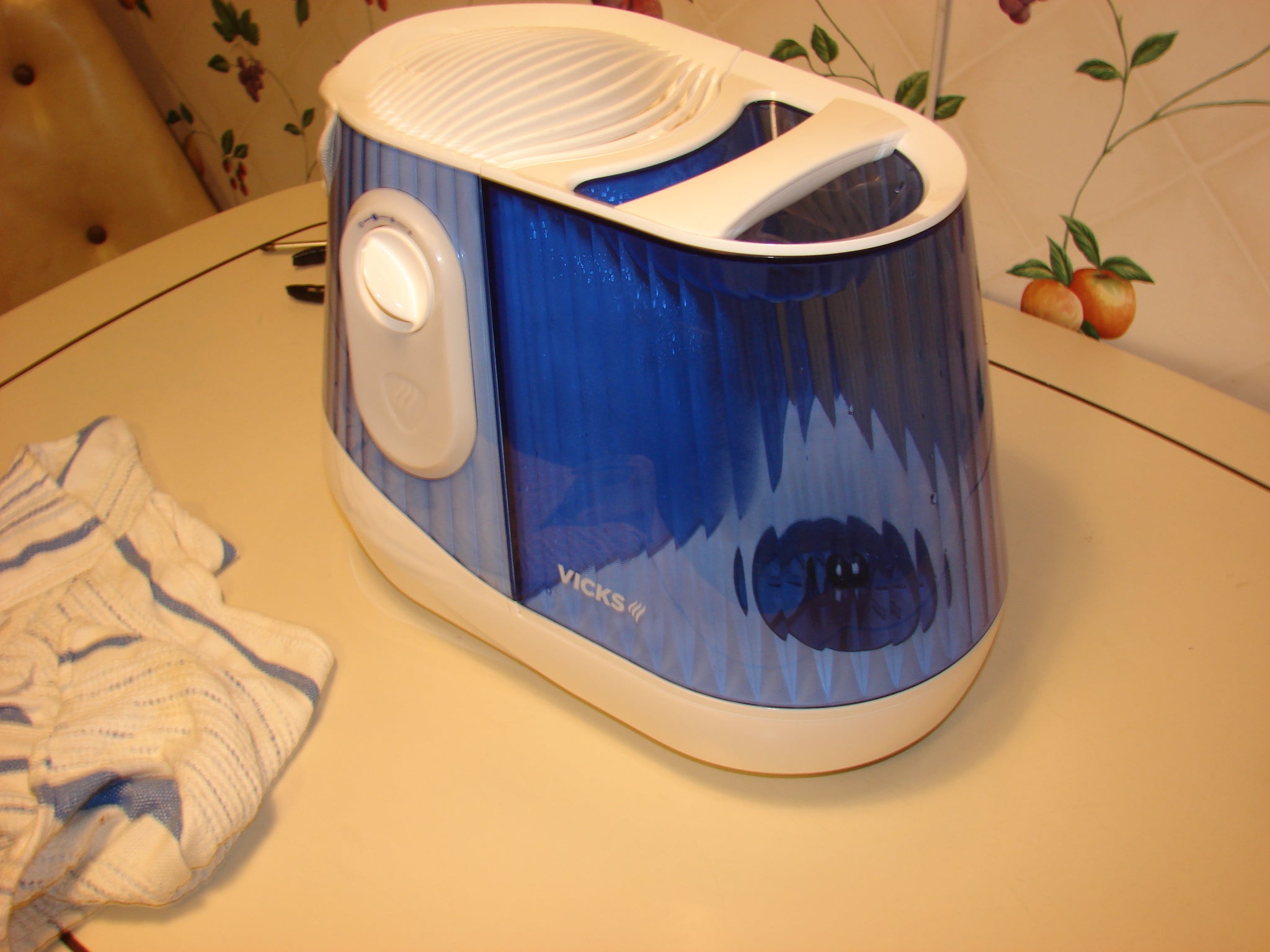
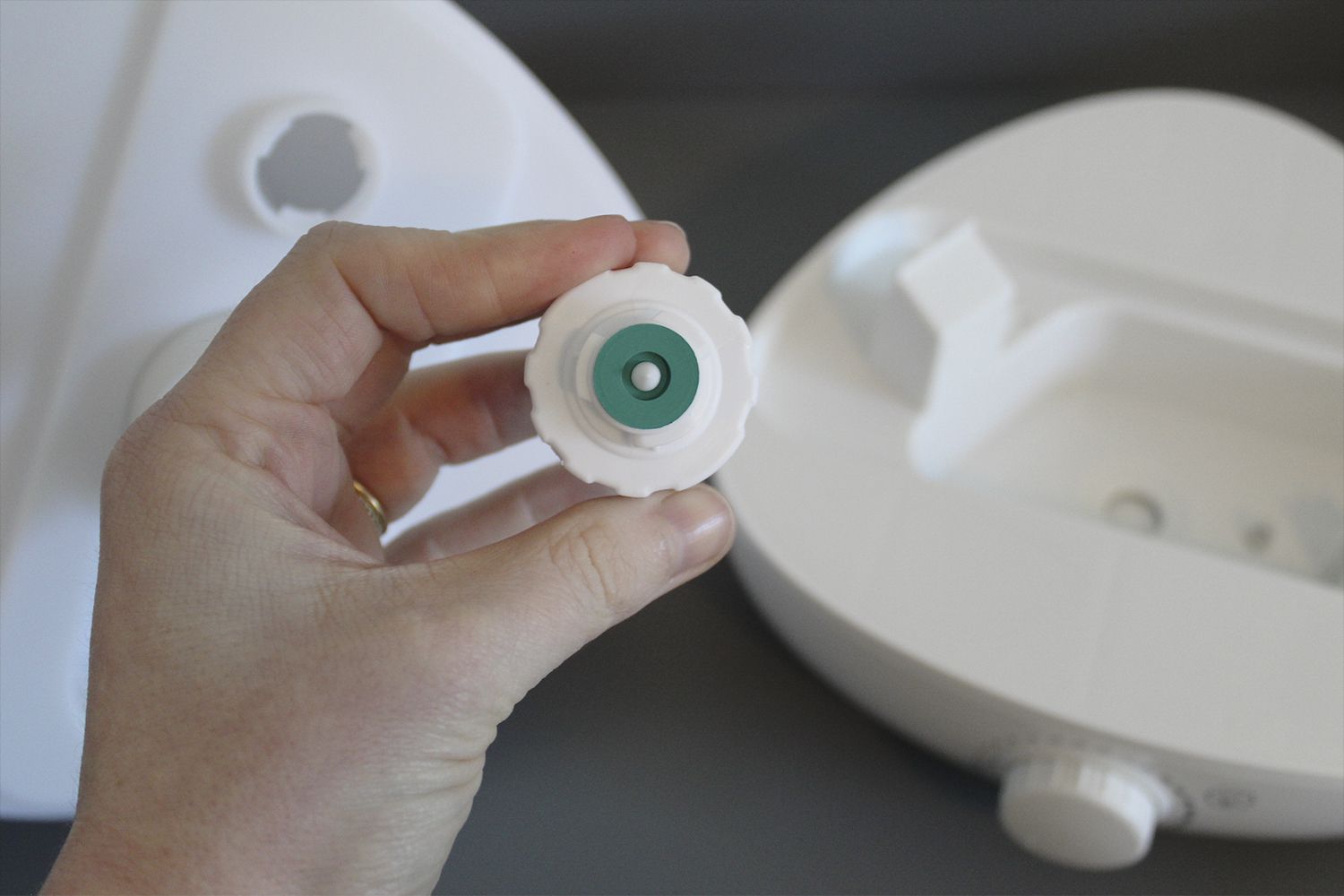
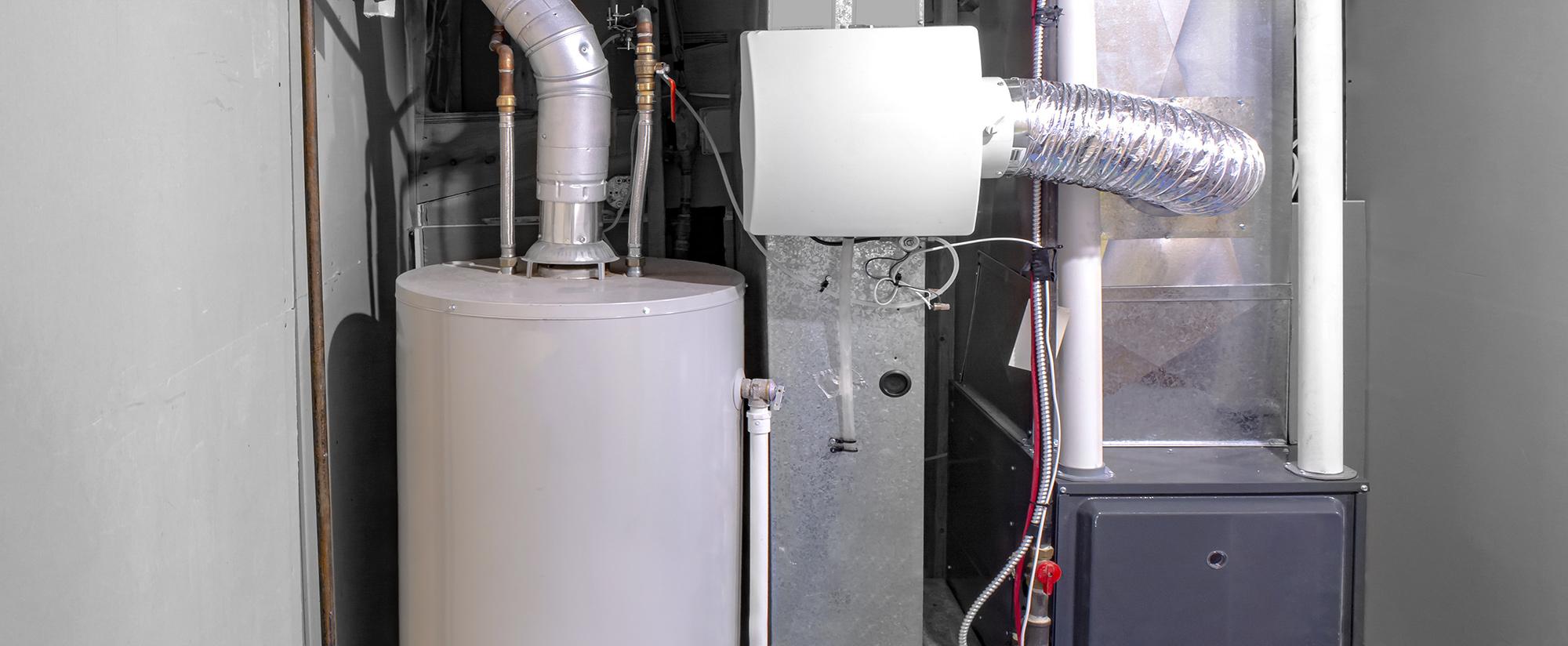
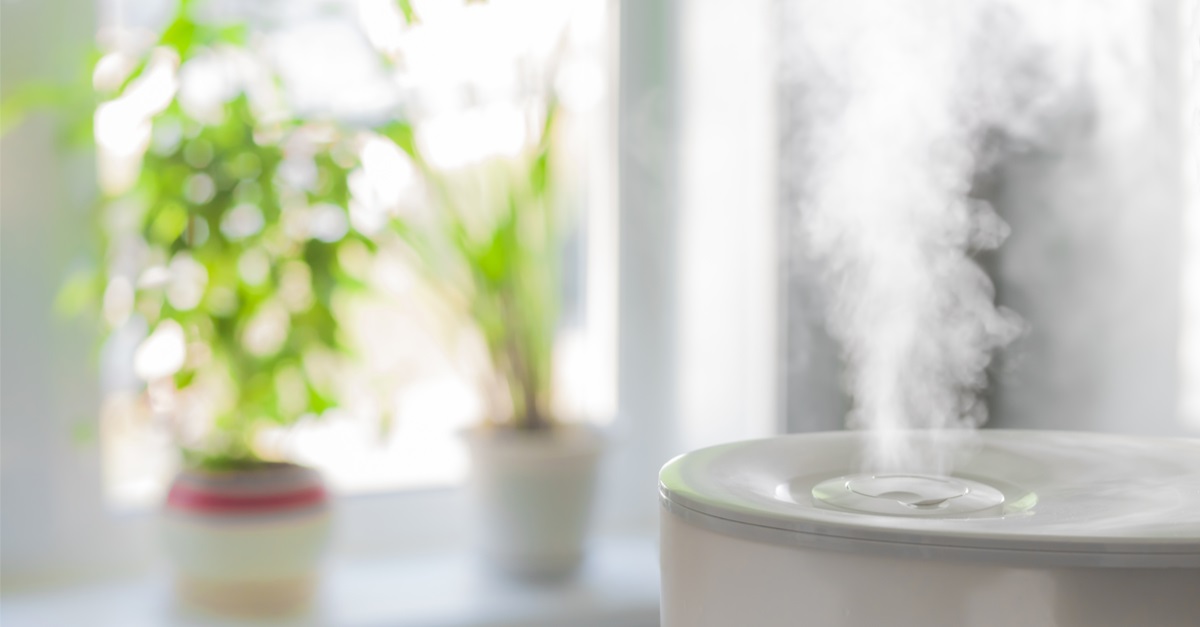
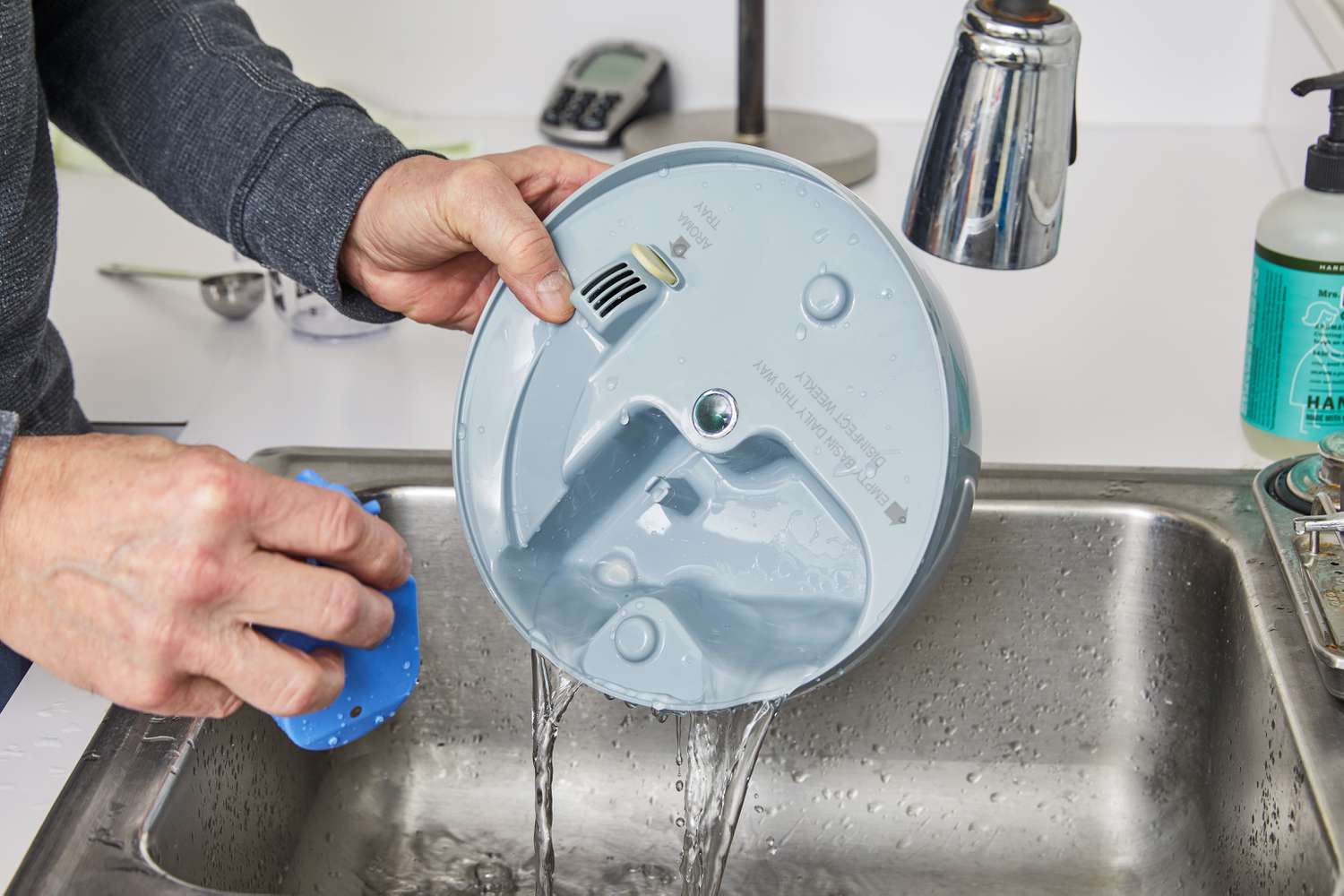
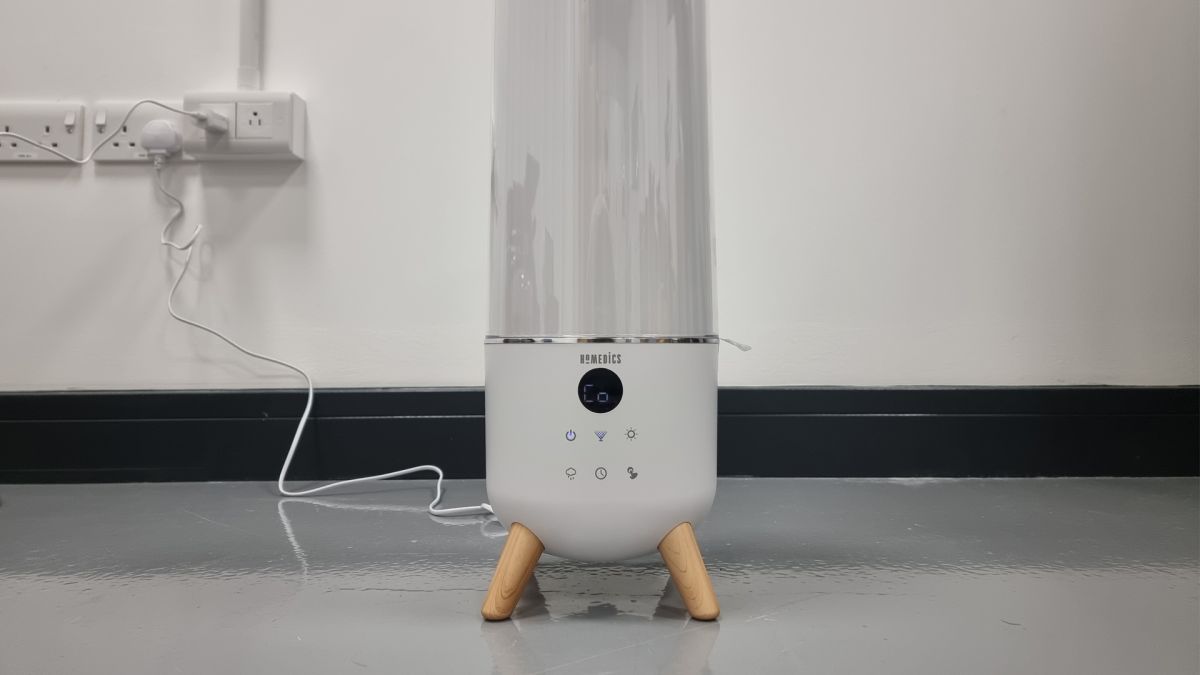
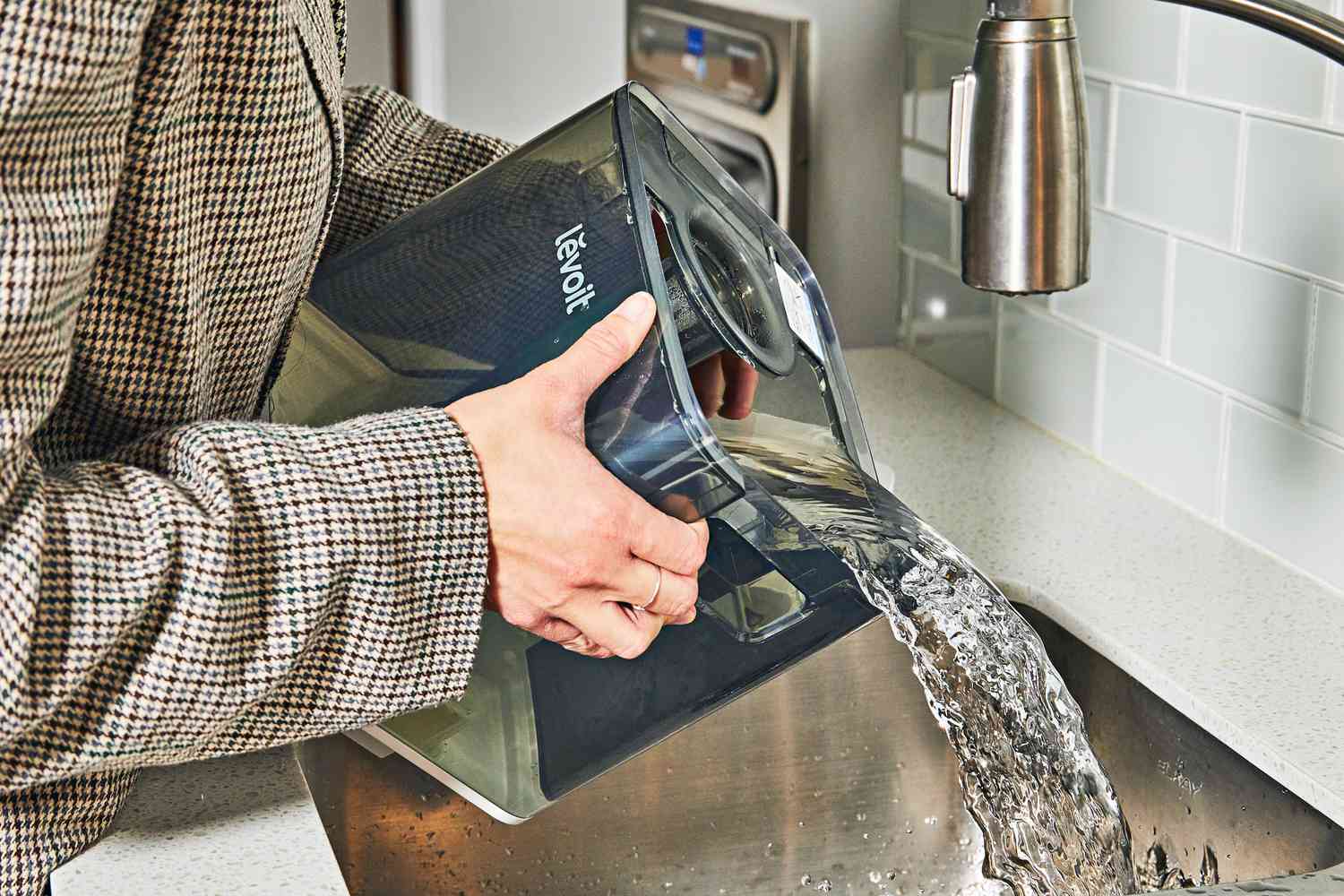
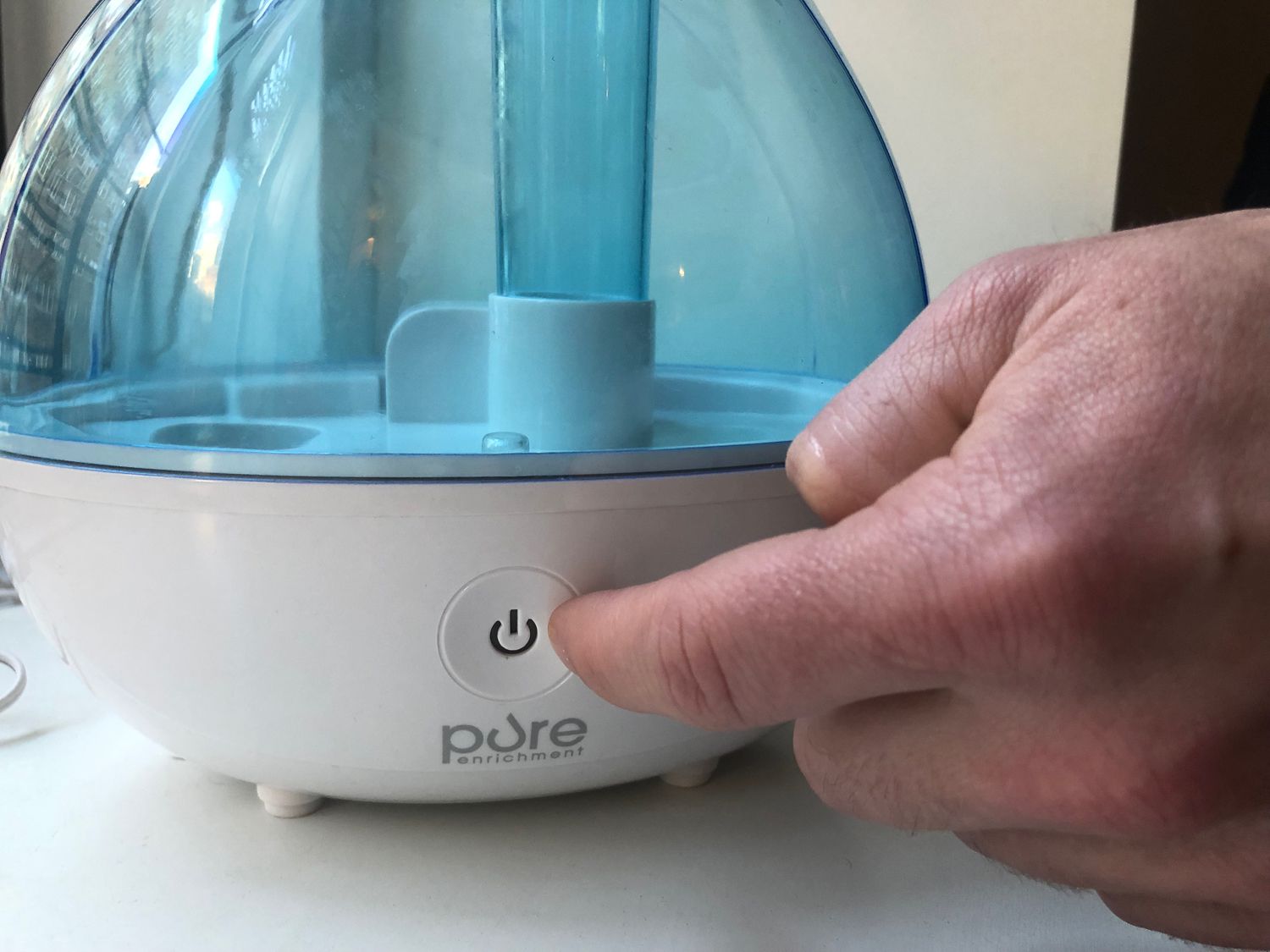
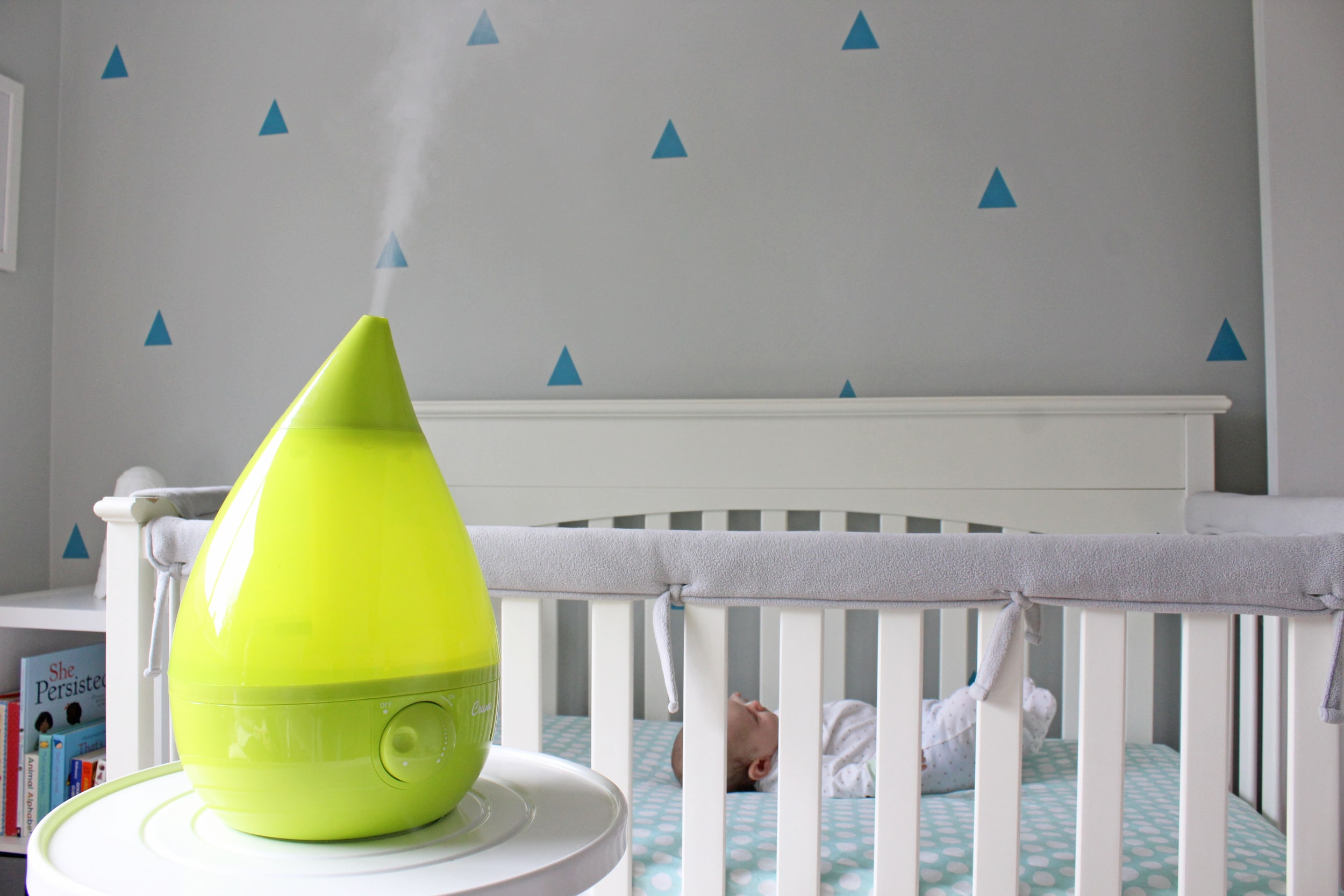

0 thoughts on “How Much Is A Humidifier”